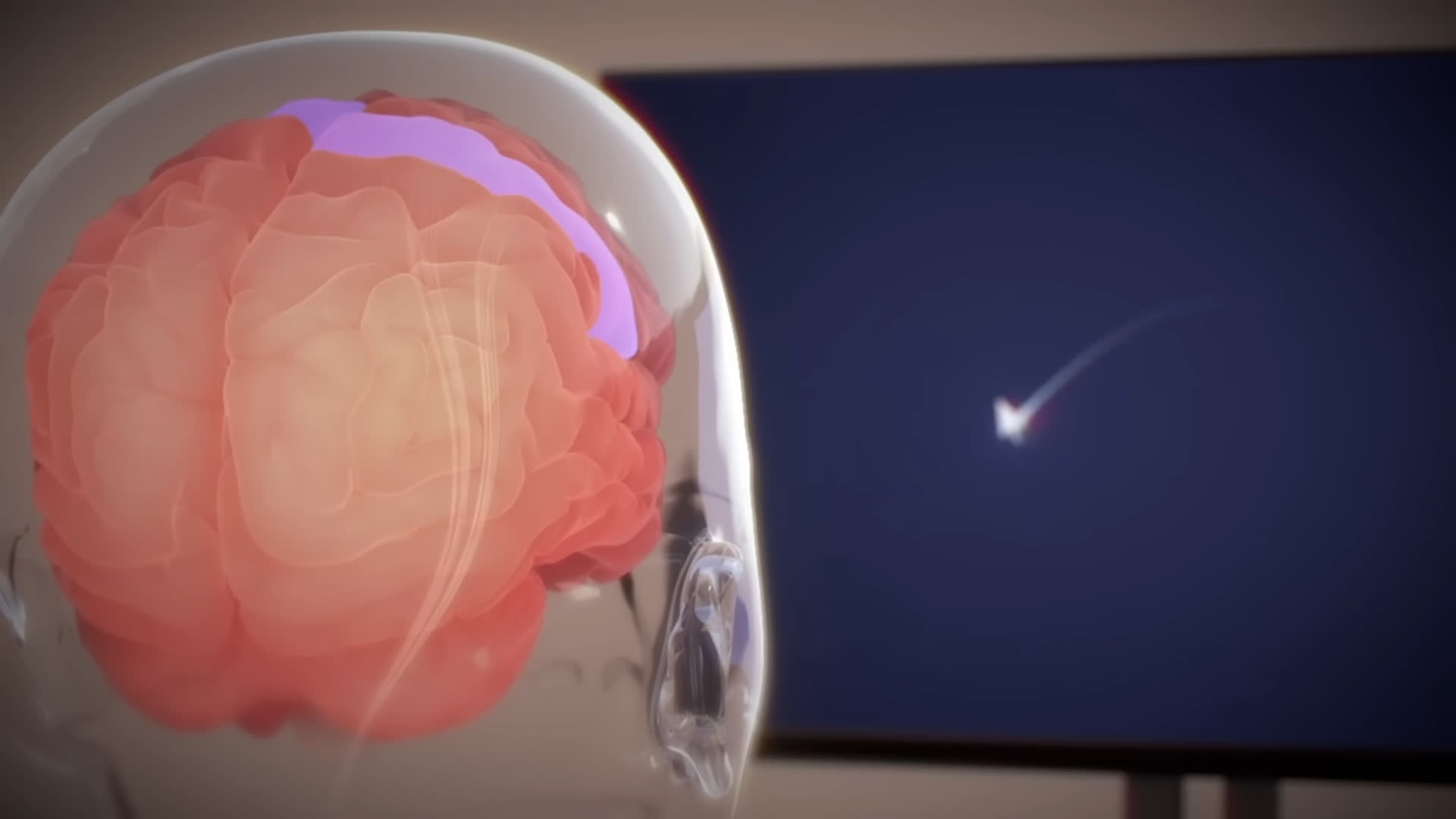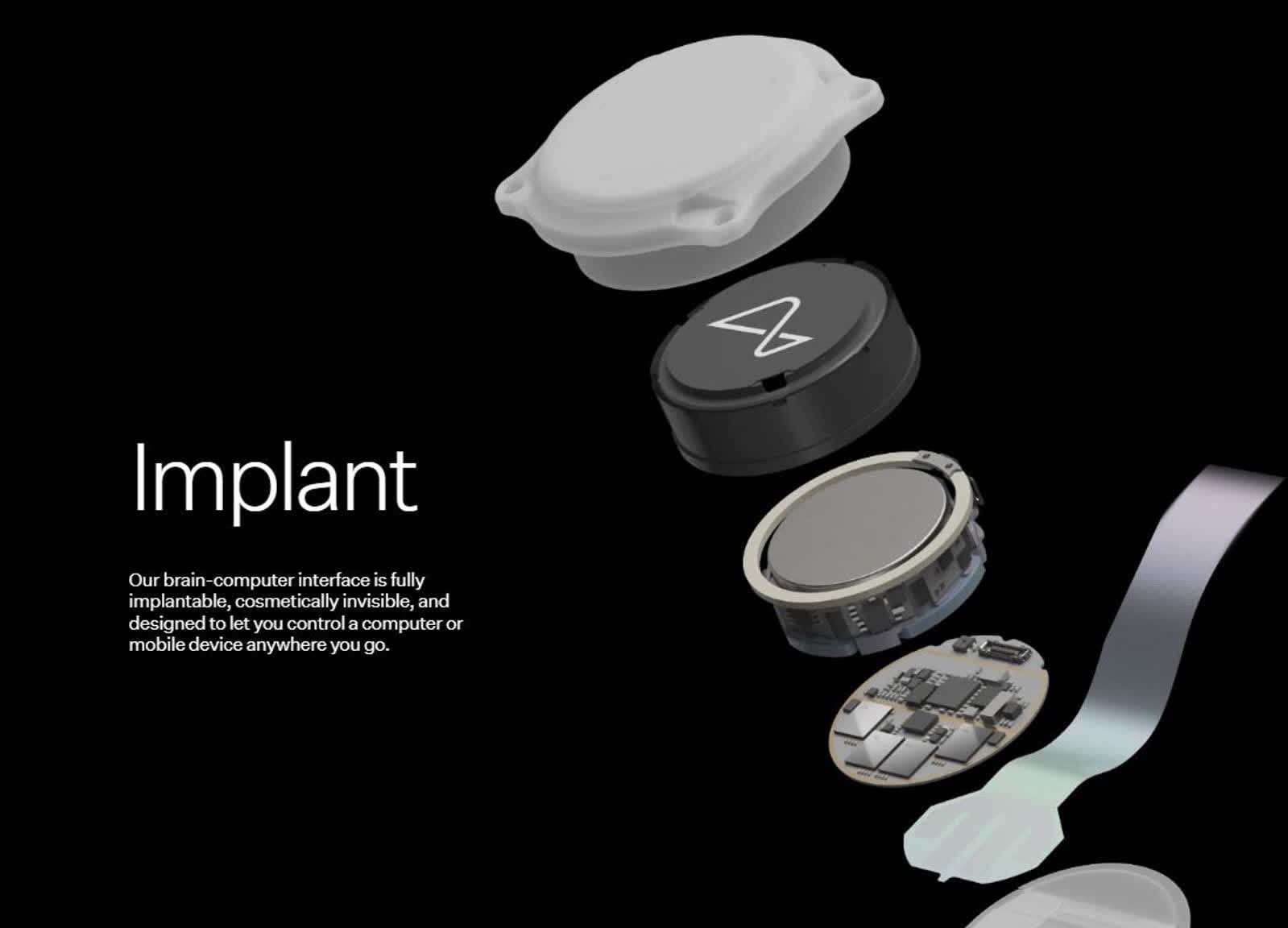What just happened? Elon Musk's Neuralink brain-computer interface company has posted a nine-minute video showing its first patient moving a mouse cursor and playing games on a screen using only the power of his mind.
Noland Arbaugh, a 29-year-old quadriplegic patient who was paralyzed eight years ago in a diving accident, was announced as the first Neuralink implant patient in January. A month later, Musk said Arbaugh had recovered and was already able to control a computer mouse with his thoughts alone.
Now, Neuralink has posted a video clip on X demonstrating what its technology allows Arbaugh to do. Joined by Neuralink engineer Bliss Chapman, who introduces Arbaugh as his only "telekinetic friend," Arbaugh says he loves playing chess, which he hasn't been able to enjoy much over the past few years. The Neuralink implant allows him to play the game on a screen just by thinking about moving the cursor.
– Neuralink (@neuralink) March 20, 2024
Arbaugh compares his newfound ability to The Force. "I could get it to move wherever I wanted. Just stared somewhere on the screen and it would move where I wanted to, which was such a wild experience. It's crazy, it really is. It's so cool. I'm so freaking lucky to be a part of this…every day it seems like we're learning new stuff. I just can't describe how cool it is."
It's not just chess that Arbaugh is now able to enjoy. He says after learning how to use the system, which involved mentally "moving" his hands before concentrating solely on shifting the cursor, he stayed up until 6 a.m. playing Civilization 6 – something a lot of people will relate to. Arbaugh says he had previously given up on playing Civ 6 as much as he wanted as the size and time-sink nature of the game prevented him from having lengthy sessions due to his condition.

Arbaugh did add that the Neuralink implant has run into issues and he has to recharge it every 8 hours, though he emphasized that the chip has changed his life.
It's been noted that several companies have developed brain-computer interface chips with the same abilities as Neuralink's and implanted them in patients. Dr. Nader Pouratian, chair of the Department of Neurological Surgery at UT Southwestern Medical Center, told CNBC, "There are things that we've been able to do for decades, like control a cursor in two dimensions, which actually, for those of us who are in the field, is extremely simple to do as soon as you can get any brain signal."
Musk has talked about Neuralink tech allowing users to stream music directly into their brains or record everything that happens and play it back whenever they want, much like a certain Black Mirror episode.

